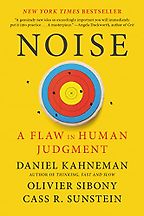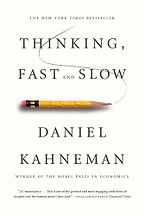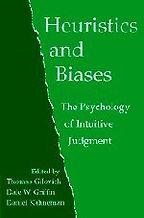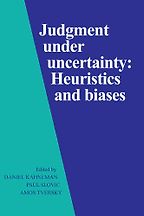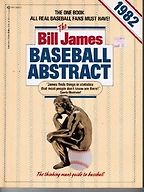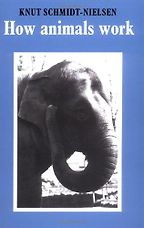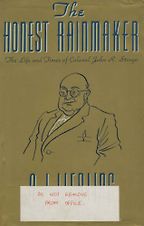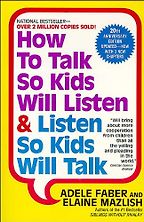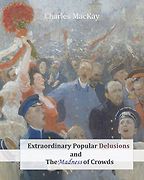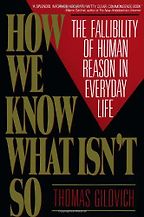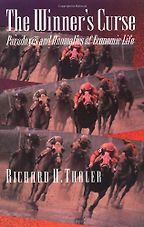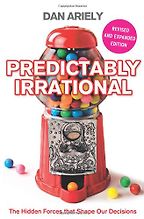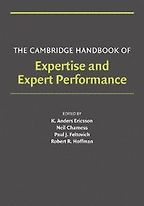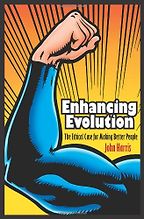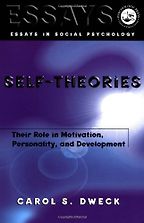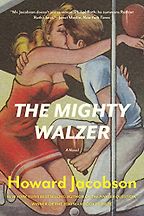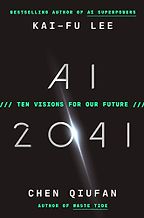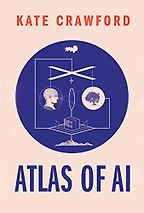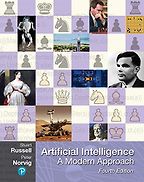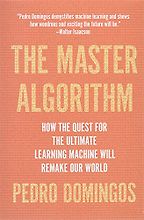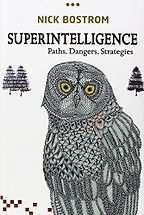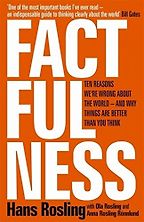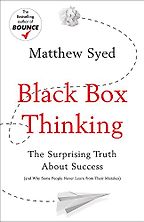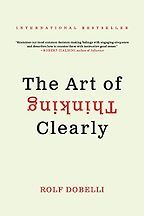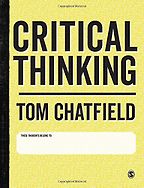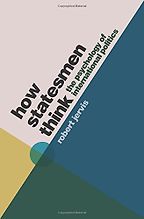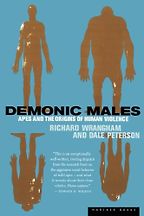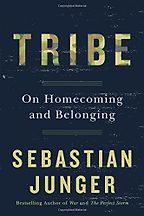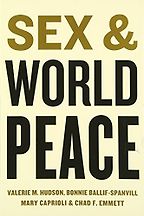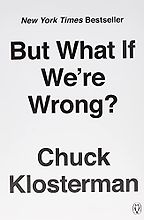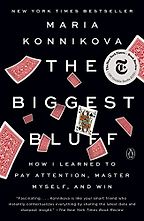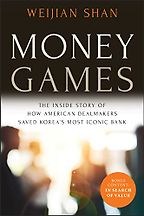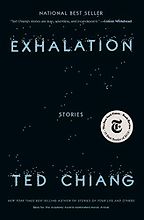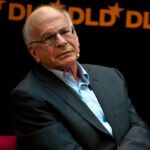
©nrkbeta
Books by Daniel Kahneman
Daniel Kahneman (1934-2024) was an Israeli-American psychologist. Despite having never taken an economics class, he won the Nobel Prize for economics in 2002 “for having integrated insights from psychological research into economic science, especially concerning human judgment and decision-making under uncertainty.”
“Kahneman’s most well-known book, Thinking, Fast and Slow, as well as his seminal work in the field, explore…how we can recognize our biases…Noise is a really cool sequel. It’s what the second book of Dune was to the first book of Dune…Noise is about the fact that while we have a lot of cognitive biases, in many cases the world is random. It’s what gamers call RNG or random number generator — a fun shorthand way to describe all the randomness in a game’s world, randomness that’s mirrored in ours. It creates this variability in our observation of the world and makes it even harder to make good decisions, because not only do we have to fix for all our biases and get all the systematic priors out of the way, but even accounting for all of that, testing the same samples six times may sometimes yield very different results.” Read more...
The best books on Making Good Decisions
Sebastian Park, Entrepreneurs & Business People
“Kahneman developed research with Amos Tversky, who unfortunately died young—I think it would have been a co-written book otherwise. It’s a brilliant book that summarizes their psychological research on cognitive biases, or is patterns of thinking, which all of us are prone to, which aren’t reliable.” Read more...
The best books on Critical Thinking
Nigel Warburton, Philosopher
“This is another really good set of essays in a rapidly growing branch of intellectual enquiry called behavioural economics where they look at the irrationalities in the way that humans behave. I thought this was brilliant. One essay in particular on irrational optimism caught my eye. It’s the idea that individuals who have slightly inflated expectations of their own abilities tend to persevere longer and perform better. These top sportsmen when they perform under pressure – if they believe they are going to win they often will. This belief makes them more efficacious and the book is a really interesting look at that whole idea of positive thinking.” Read more...
Matthew Syed, Journalist
“I like to say that this is the best-edited book that I’ve ever seen, at least since the New Testament. It has become gradually more popular over the last few decades; now it’s sometimes called behavioural economics, but it’s basically psychology. I think it’s just incredible – studies of overconfidence, of how people estimate uncertain quantities, the importance of the framing – I could give you a million examples of where if you describe a decision option in a different way, people make a different choice.” Read more...
Andrew Gelman, Mathematician
Interviews where books by Daniel Kahneman were recommended
-

1
The Bill James Historical Baseball Abstract
by Bill James -

2
Judgment under Uncertainty: Heuristics and Biases
by Daniel Kahneman & Paul Slovic and Amos Tversky -

3
How Animals Work
by Knut Schmidt-Nielsen -

4
The Honest Rainmaker
by A J Liebling -

5
How to Talk So Kids Will Listen and Listen So Kids Will Talk
by Adele Faber and Elaine Mazlish
The best books on Statistics, recommended by Andrew Gelman
The best books on Statistics, recommended by Andrew Gelman
Award-winning statistician and political scientist Andrew Gelman says that uncertainty is an important part of life, and recognition of that uncertainty is itself an important step. He picks the best books on statistics.
-

1
Extraordinary Popular Delusions and the Madness of Crowds
by Charles Mackay -

2
Judgment under Uncertainty: Heuristics and Biases
by Daniel Kahneman & Paul Slovic and Amos Tversky -

3
How We Know What Isn’t So
by Thomas Gilovich -

4
The Winner’s Curse
by Richard Thaler -
5
Predictably Irrational
by Dan Ariely
The best books on Decision-Making, recommended by Jonah Lehrer
The best books on Decision-Making, recommended by Jonah Lehrer
Behavioural economics is a very new field, but its insights have huge ramifications for our daily lives, including life-or-death decisions. Here, author Jonah Lehrer talks us through some of its most important works.
The best books on Champions, recommended by Matthew Syed
Table tennis champion and author of Bounce: How Champions are Made, Matthew Syed believes that winning is partly the placebo effect of confidence.
-

1
AI 2041: Ten Visions for Our Future
by Chen Qiufan & Kai-Fu Lee -

2
Atlas of AI: Power, Politics, and the Planetary Costs of Artificial Intelligence
by Kate Crawford -

3
Artificial Intelligence: A Modern Approach
by Peter Norvig & Stuart Russell -

4
The Master Algorithm: How the Quest for the Ultimate Learning Machine Will Remake Our World
by Pedro Domingos -

5
Superintelligence: Paths, Dangers, Strategies
by Nick Bostrom
The best books on Artificial Intelligence, recommended by ChatGPT
The best books on Artificial Intelligence, recommended by ChatGPT
Normally at Five Books we ask experts to recommend the best books in their field and talk to us about them in an interview, either in person, by phone or via Zoom. In January 2023, we asked the AI bot, ChatGPT, to recommend books to us on the topic of AI. Being an AI doesn’t necessarily make the chatbot an expert on AI books, but we thought it might have some ideas. This week we caught up with ChatGPT to find out if there were any new AI books it wanted to recommend in the year since we spoke.
-

1
Thinking, Fast and Slow
by Daniel Kahneman -

2
Factfulness: Ten Reasons We're Wrong About The World — And Why Things Are Better Than You Think
by Hans Rosling -

3
Black Box Thinking: The Surprising Truth About Success
by Matthew Syed -

4
The Art of Thinking Clearly
by Rolf Dobelli -

5
Critical Thinking: Your Guide to Effective Argument, Successful Analysis and Independent Study
by Tom Chatfield
The best books on Critical Thinking, recommended by Nigel Warburton
The best books on Critical Thinking, recommended by Nigel Warburton
Do you know your straw man arguments from your weasel words? Nigel Warburton, Five Books philosophy editor and author of Thinking from A to Z, selects some of the best books on critical thinking—and explains how they will help us make better-informed decisions and construct more valid arguments.
-

1
How Statesmen Think: The Psychology of International Politics
by Robert Jervis -

2
Demonic Males: Apes and the Origins of Human Violence
by Dale Peterson & Richard Wrangham -

3
Tribe: On Homecoming and Belonging
by Sebastian Junger -

4
Sex and World Peace
by Bonnie Ballif-Spanvill, Chad Emmett, Mary Caprioli & Valerie Hudson -

5
Thinking, Fast and Slow
by Daniel Kahneman
The best books on The Psychology of War, recommended by Rose McDermott
The best books on The Psychology of War, recommended by Rose McDermott
Traditionally, the study of international relations has been about institutions, not individuals and the psychology that motivates them. But that is changing. Rose McDermott, professor of international relations at Brown University, introduces the work of Robert Jarvis and others pioneering the field of ‘political psychology.’
-

1
Noise: A Flaw in Human Judgment
by Cass Sunstein, Daniel Kahneman & Olivier Sibony -

2
But What If We're Wrong? Thinking About the Present As If It Were the Past
by Chuck Klosterman -

3
The Biggest Bluff: How I Learned to Pay Attention, Master Myself, and Win
by Maria Konnikova -

4
Money Games: The Inside Story of How American Dealmakers Saved Korea's Most Iconic Bank
by Weijian Shan -

5
Exhalation
by Ted Chiang
The best books on Making Good Decisions, recommended by Sebastian Park
The best books on Making Good Decisions, recommended by Sebastian Park
Good decision-making is a crucial skill not only in business but in life. In this interview, entrepreneur, investor and poker player Sebastian Park advises how to make good decisions in a world of uncertainty, how to evaluate past decisions for future improvement, and how fiction can help us reflect on the choices we make.
